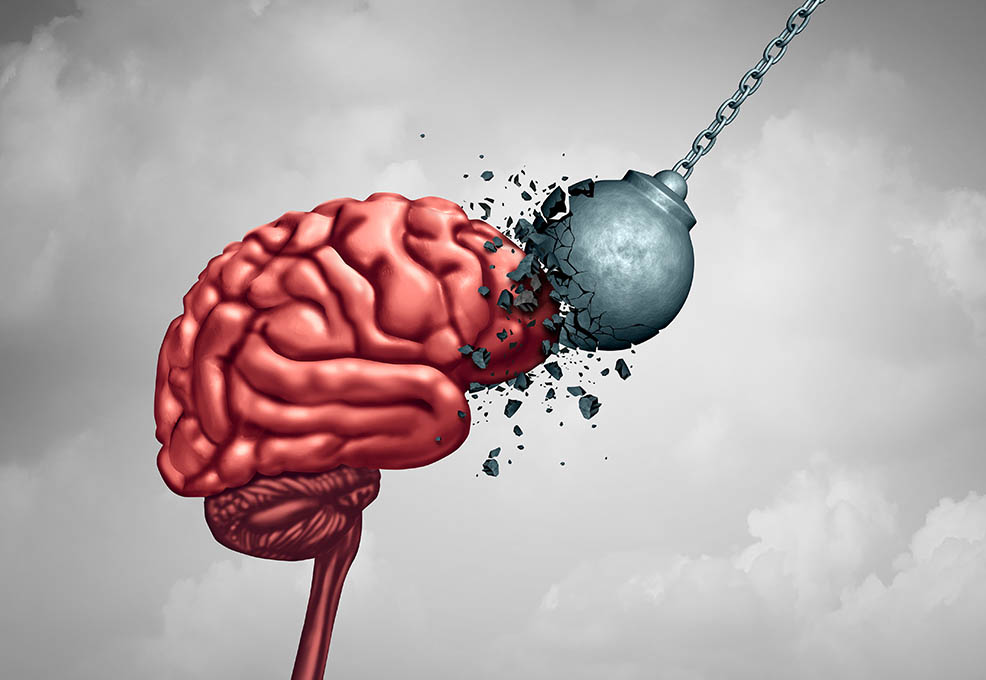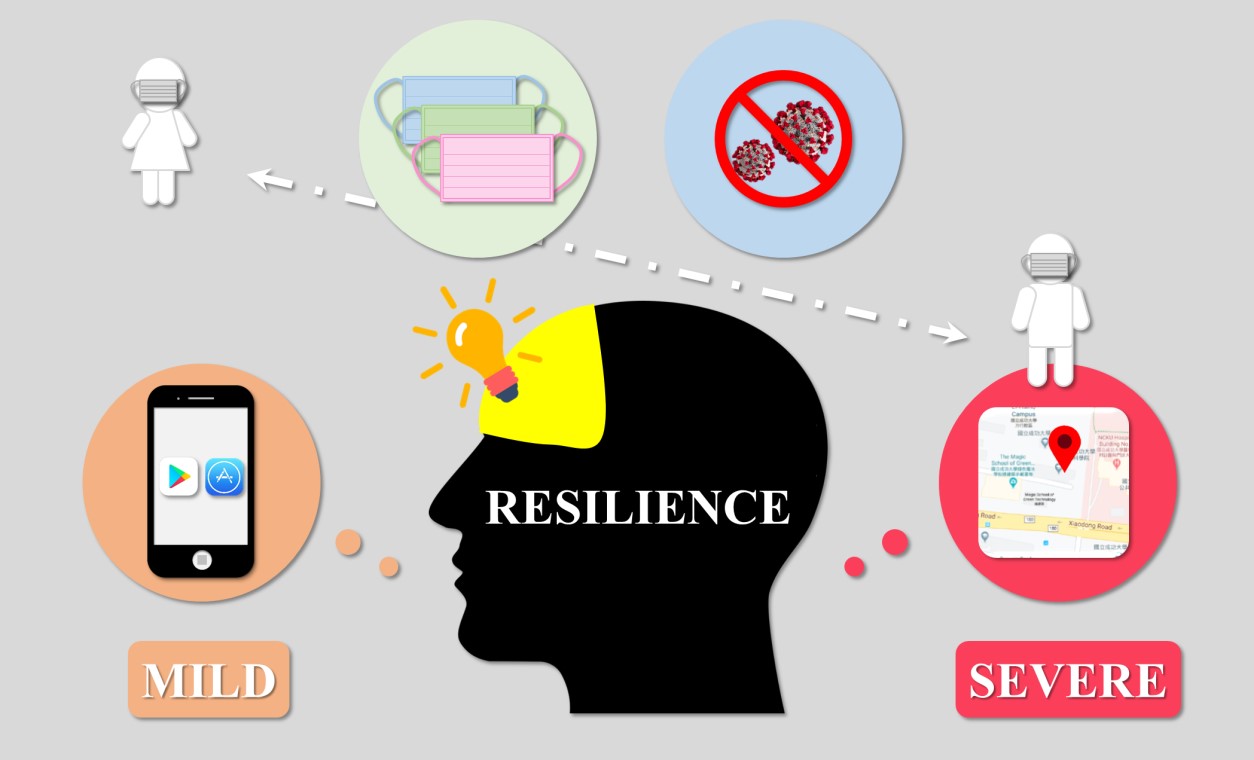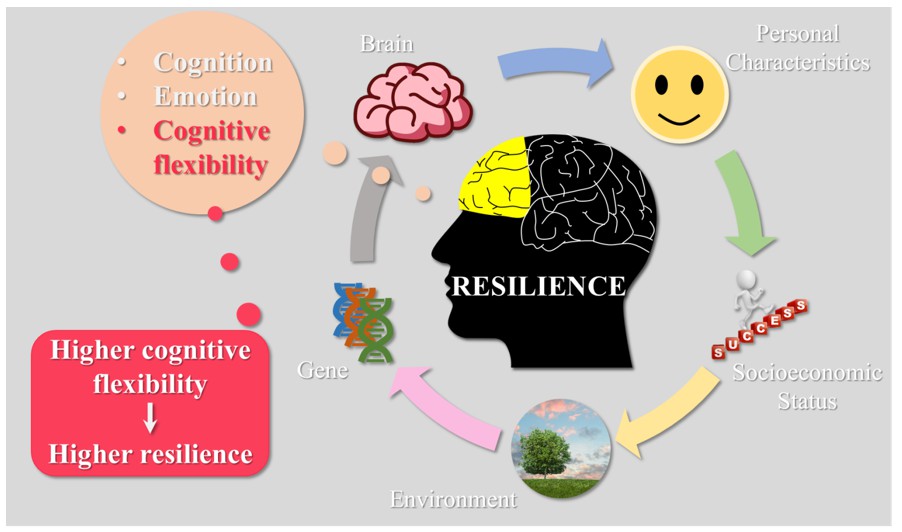An Important Strategy for Epidemic Prevention in Siaogang Hospital

Author(s)
Cheng-Ta Yang & Shu-Lan HsiehBiography
Cheng-Ta Yang is a distinguished professor, currently engaged in the Department of Psychology, School of Social Sciences, National Cheng Kung University. He is co-employed in the Institute of Allied Health Sciences, College of Medicine, and serves as the director of the International Doctoral Program in Principles and Implications of Mind Science. Shulan Hsieh is a distinguished professor, currently engaged in the Department of Psychology, School of Social Sciences, National Cheng Kung University. She is co-employed in the Institute of Allied Health Sciences, College of Medicine and Department of Public Health, College of Medicine.
Academy/University/Organization
National Cheng Kung UniversitySource
https://stephanlewandowsky.github.io/UKsocialLicence/index.html-
TAGS
-
Share this article
You are free to share this article under the Attribution 4.0 International license
- HUMANITIES & SOCIAL SCIENCES
- Text & Image
- June 21,2020
Due to the COVID-19 pandemic, the government’s ability to deal with immediate difficulties and people’s psychological resilience have been put to the test. "Psychological resilience" emphasizes how to overcome difficulties and return to a normal state when a person faces various kinds of stress, adversity, misfortune, or doom. Psychological resilience is related to the frontal lobe network. A brain with higher cognitive flexibility has higher neural plasticity and stronger mental and neural resilience. Our research team pays special attention to the relationship between psychological resilience, trust in government, acceptance and confidence in epidemic prevention policies, and personal worldviews under the pandemic. The results can provide the government with a guideline for policy-making to effectively reduce the spread of COVID-19. Our preliminary results showed that psychological resilience is positively related to the belief that the government can effectively control the COVID-19 spread. However, only under the mandatory government telecommunication tracking context would the resilience and the free market worldview show a positive correlation, suggesting that in the context of high-pressure control, only people with stronger mentality tend to pay attention to the harm of injustice caused by the government’s colocation tracking policy. To sum up, a strong resilient mind helps us face difficulties and enhance confidence in the government; a strong resilient mind also allows people to pay more attention to the issue of the social fairness and justice of a policy.

The World Health Organization (WHO) announced that COVID-19 was a global pandemic on March 11, 2020. More than 7.8 million confirmed cases and more than 420,000 deaths had been reported in more than 220 countries and regions at time of writing. It can be seen that COVID-19 has swept the globe like a world war. The impact level not only affects people's health, but also extends to the political, economic, and educational aspects of our lives. In order to reduce COVID-19’s spread, governments have begun to apply Big Data analysis technology to locate and track infected persons and potential contacts, and to carry out a series of quarantine and isolation measures.
However, successful reduction of COVID-19’s spread not only tests the government's epidemic prevention policy, but also the psychological resilience of a country’s people. For the government, when faced with adversity, it is necessary to quickly turn the crisis into a turning point in order to reassure the people and maintain political and economic stability. For the people, a resilient mind can be free from panic about the epidemic and, having a belief that the government can help everyone through the difficulties, as long as they do a good job of epidemic prevention themselves, they will be protected from the disease. Our research team pays special attention to psychological resilience at the individual level, extends research interest and explores how a resilient mind can assist the government's epidemic prevention policy against COVID-19. Through understanding the relationship between individual psychological resilience, trust in government, confidence and acceptance of the epidemic prevention policies, and personal worldviews, our results provide the government with a guideline for policy-making to effectively reduce the spread of COVID-19.
"Psychological resilience" emphasizes how to overcome difficulties and return to a normal state when a person faces various kinds of stress, adversity, misfortune, or doom. Take this epidemic as an example: thousands of people have been infected with the virus, and many have died. Many families are broken due to the virus, facing the situation of life and death of their beloved ones and friends. Psychological resilience is conducive for those who are infected to overcome the disease and restore their physical and mental health; and for those who have lost their loved ones and friends, psychological resilience can help them overcome the pain and feel relieved; for those who are healthy but fear being infected, psychological resilience can help them overcome fear and stay peaceful. Previous studies have indicated that a person's resilient mind is related to many factors including genes, the brain, personal characteristics, socioeconomic status, and environment. Studies in cognitive neuroscience have also pointed out that the frontal lobe circuit is responsible for cognition and emotion, especially cognitive flexibility. The frontal lobe network is also responsible for regulating a person's psychological resilience; a brain with higher cognitive flexibility has higher neural plasticity, as well as stronger psychological and neural resilience.
In the present study, we recruit college students and manipulate two hypothetical scenarios to understand the relationship between resilience and attitudes toward government colocation tracing policies. The tracking- methods include a voluntary Government app (mild) and mandatory Government telecommunication tracking (severe). The preliminary results indicated that under both scenarios, psychological resilience and belief that the policy can effectively control COVID-19’s spread had a positive correlation, suggesting that the more resilient people are, the more optimistic they are in believing that government policies can help control COVID-19’s spread. However, it is only in a severe condition that resilience and the free market worldview show a positive correlation, suggesting that only in the context of high-pressured control will those with a stronger and more resilient mind tend to pay attention to the undesirable consequences of being monitored by the government. To sum up, a strong resilient mind helps us face difficulties and gain confidence in the government; a strong resilient mind also allows people to pay more attention to the issue of social fairness and justice of a policy in adversity.

STAY CONNECTED. SUBSCRIBE TO OUR NEWSLETTER.
Add your information below to receive daily updates.




